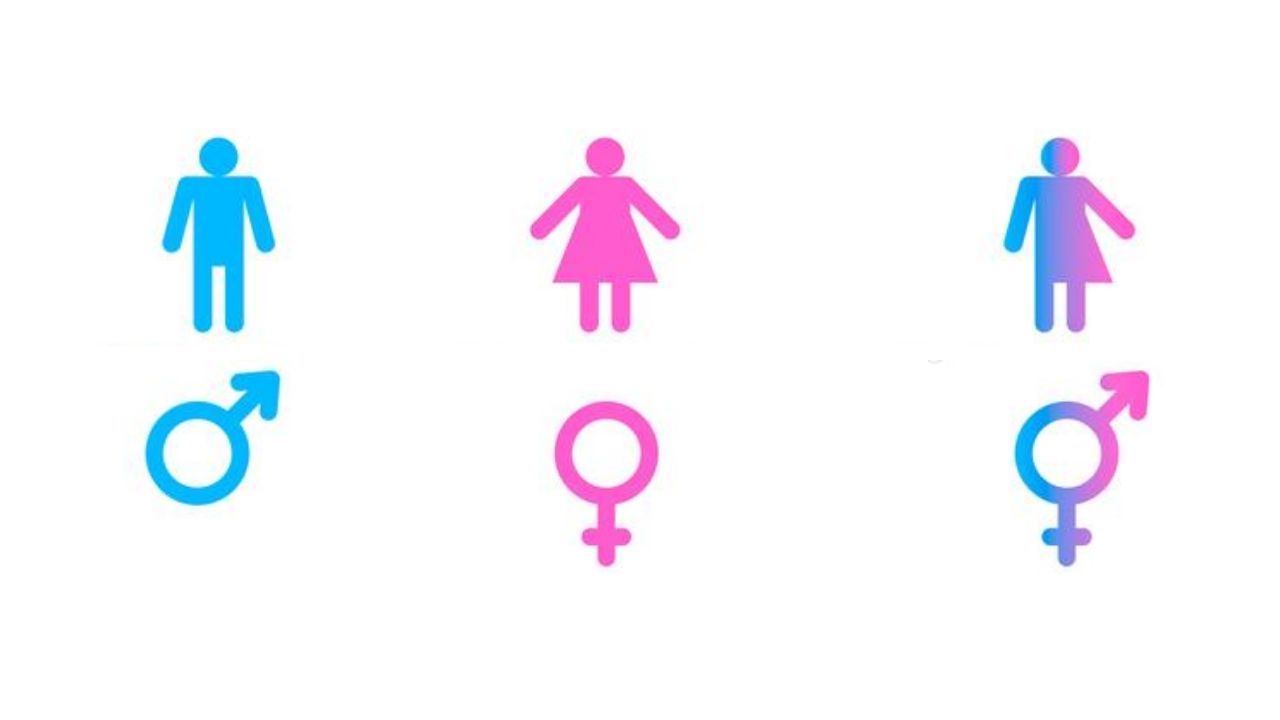According to Sexing the Body, a book on gender politics and sexuality by Anne Fausto-Sterling, being intersex is about as common as having red hair. It is estimated that 1.7% of the population is intersex. But what does it really mean?
When a baby is born intersex, the baby has a variation of sex characteristics that don’t conform to our binary perception of sex. The baby is neither a boy nor a girl; they have sex characteristics from both. For instance, some intersex children have a combination of male and female genitalia, but not all intersex people have a mix of genitalia. For example, someone who is intersex but who is unaware of this could identify as female and have an enlarged clitoris.
So, when an intersex baby is born, should we perform gender correcting surgery and assign them to a sex?
This is a complex issue because if you assign your intersex child as female but they do not feel that their sex corresponds to their gender identity, this could cause significant emotional turmoil and confusion. As a parent, you don’t want your child to be bullied for not conforming to the binary sex and gender norms. So, perhaps calling them a girl and agreeing to surgery that gives them female sex characteristics is the best action to take as a parent.
However, this doesn’t seem logical. Why should sex be a binary concept when sex is evidently a spectrum as there are considerable intersex variations? We don’t dye our ginger children’s hair in fear that they will be bullied for being a minority on the hair colour spectrum. So, why should we make our children conform to male or female because of fears of bullying?
Rather than changing babies sex to make them conform to society’s standards of sex, we should educate people about the reality of sex. Society has become more and more open-minded as we have educated people about variations in sexuality and gender, so why not include sex too?
If we include education on intersex people in the curriculum, parents won’t fear that their children will be bullied for being different and they won’t be pressured into elective surgery for their intersex baby by medical experts.
Educating people about variations of sex characteristics won’t change the fact that the rights of intersex babies are not respected when medical experts and their parents decide their sex for them.
Intersex babies cannot give legal valid consent as they do not have the mental capacity to understand the complicated distinction between sex and gender. Until intersex people are at an age where they can understand the concept of sex and the lasting implications of surgery, their to not have surgery need to be upheld.
In Malta in 2015, the Maltese Act outlawed any “medical intervention which is driven by social factors, without the consent of the individual concerned”. This act gives intersex people the autonomy to decide their sex and takes power away from parents and medical experts.
But those most vulnerable, babies and children, are not protected by such an act in the UK. The UK government needs to recognise the rights of intersex babies and children, or they will continue to be subject to psychological and physical trauma at the hands of medical professionals.
Image Credit: BeLatina

